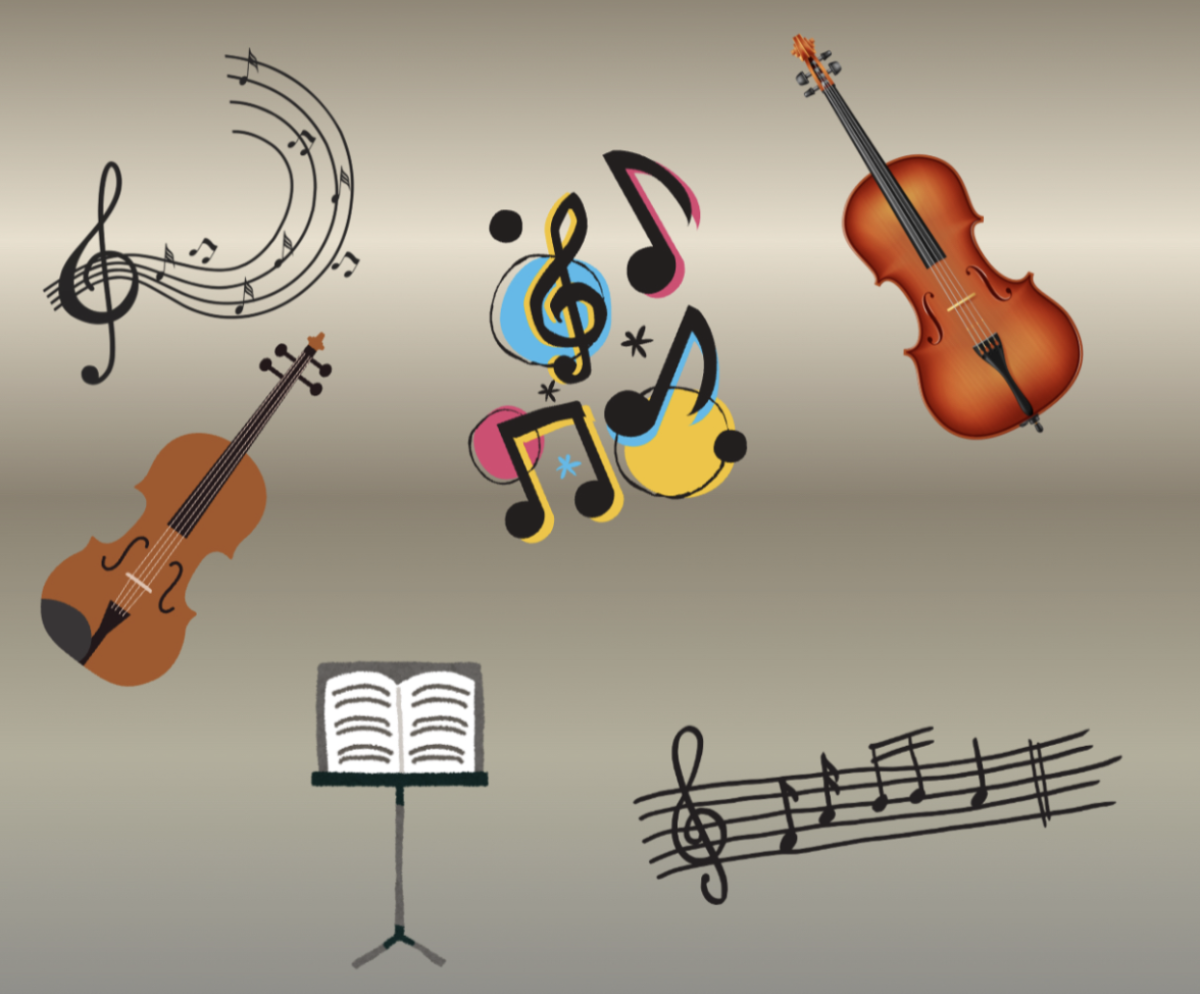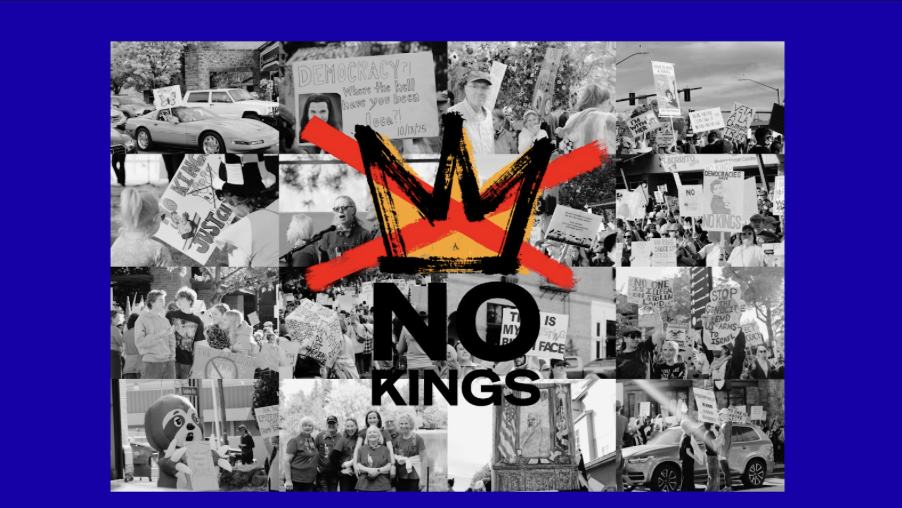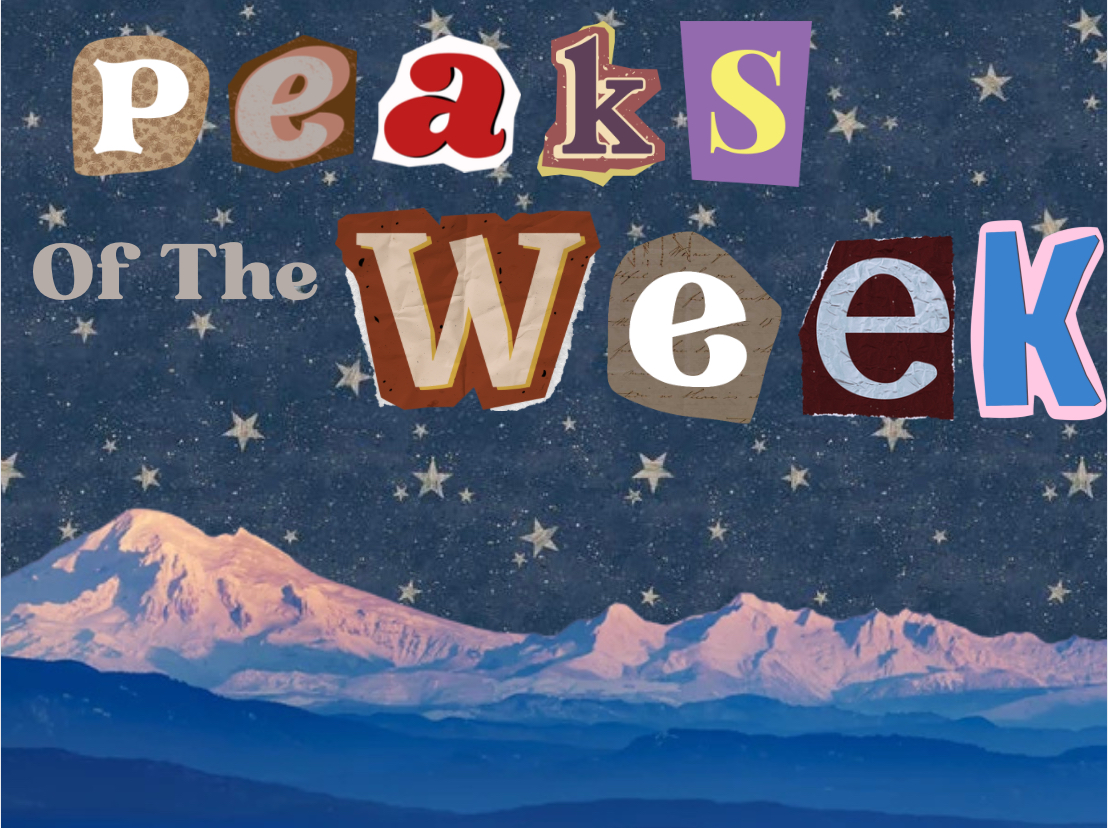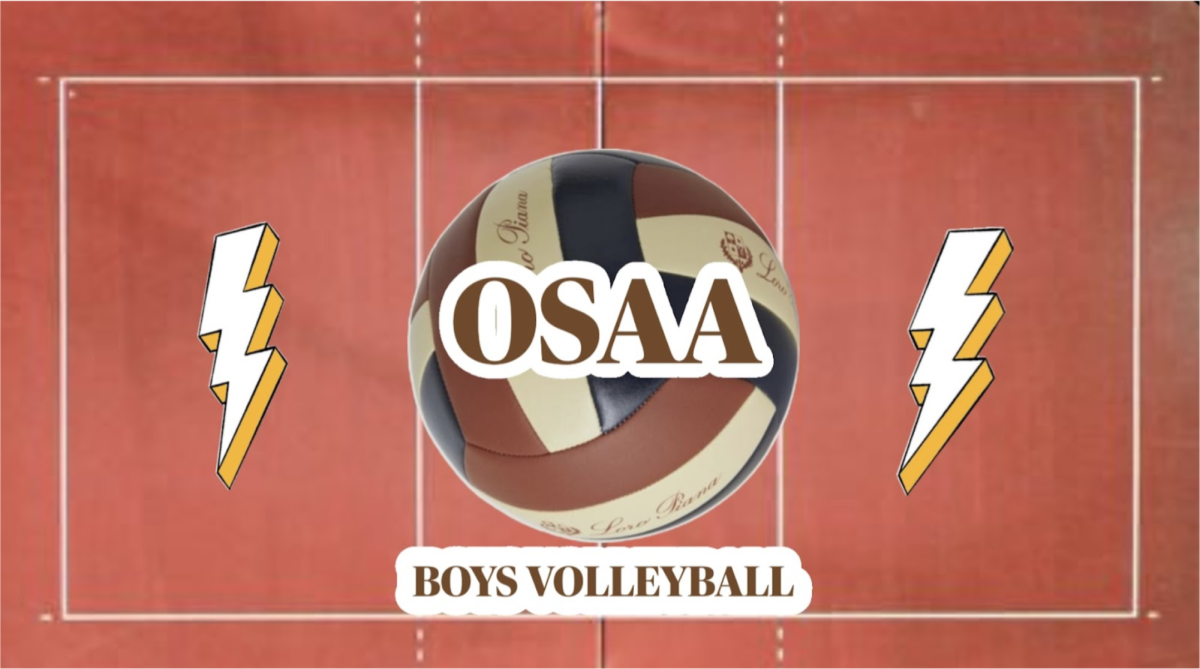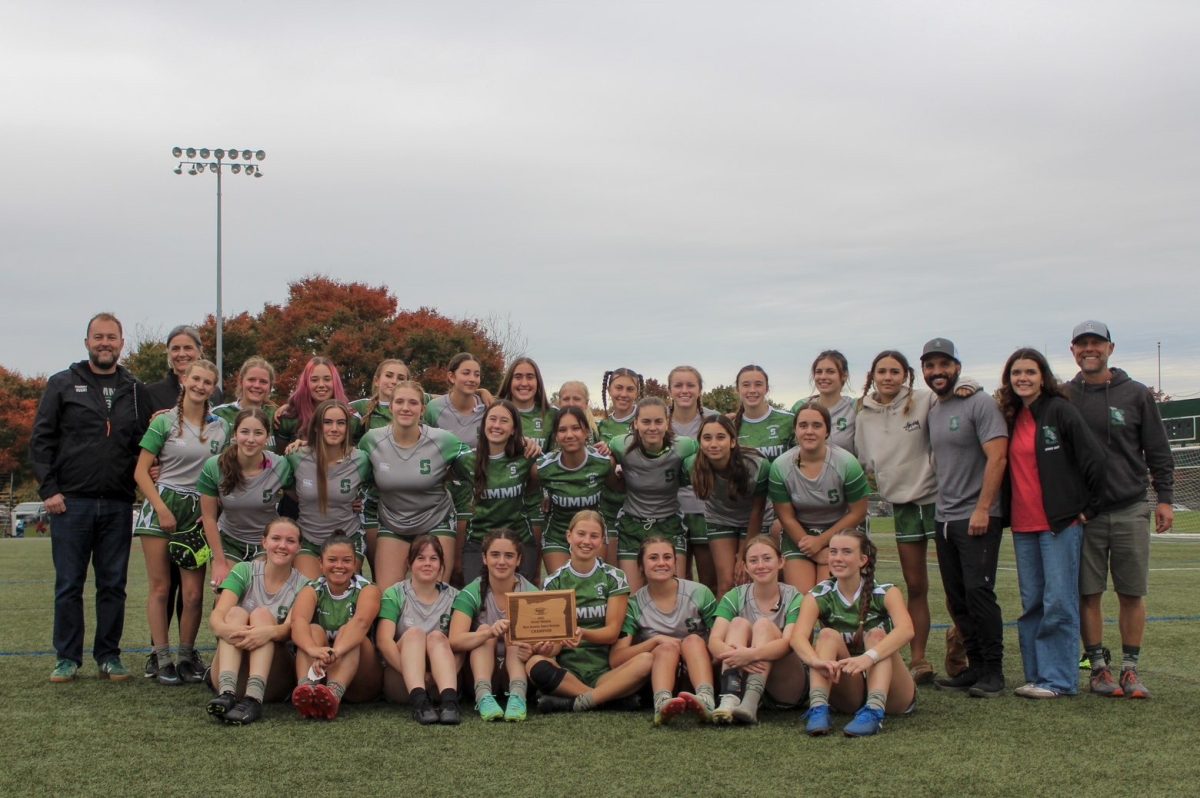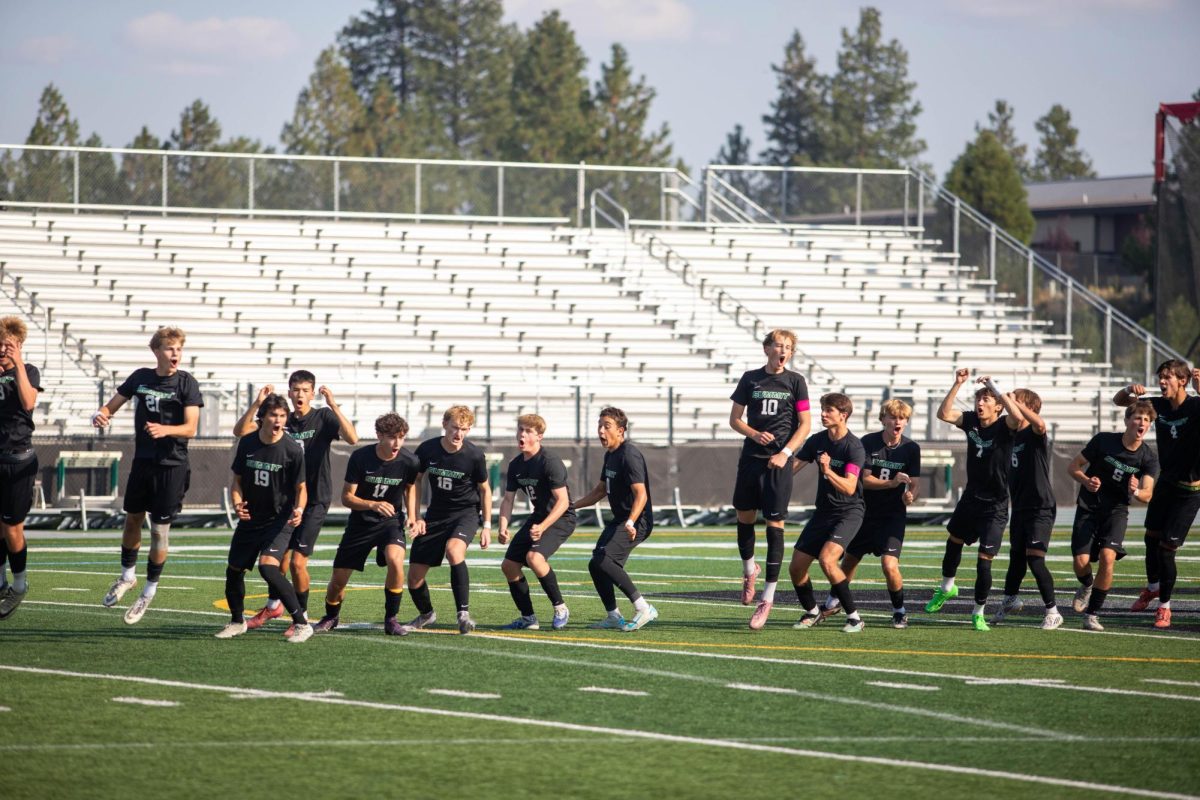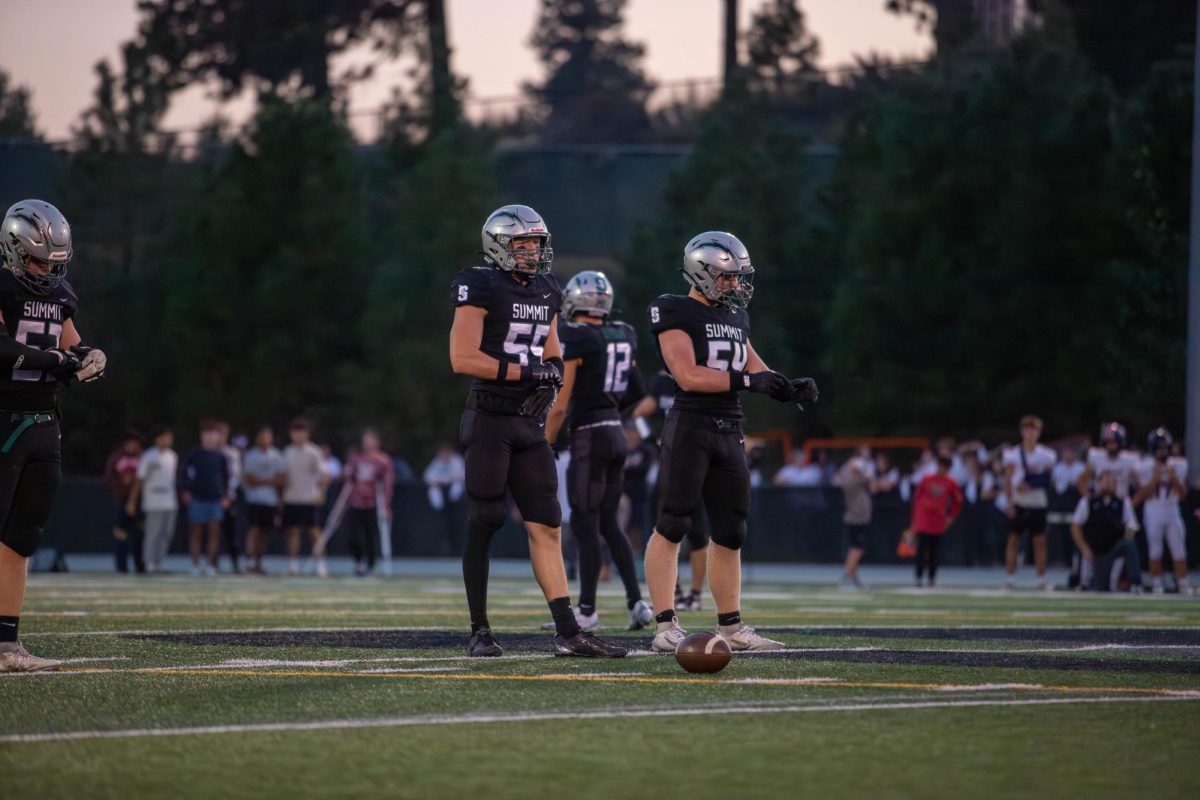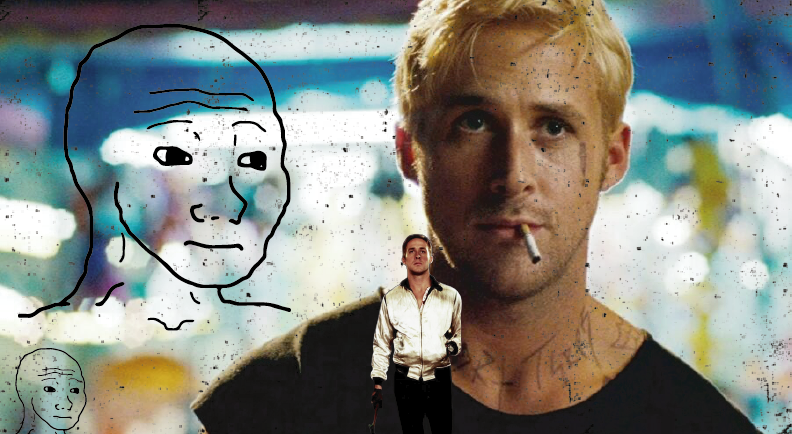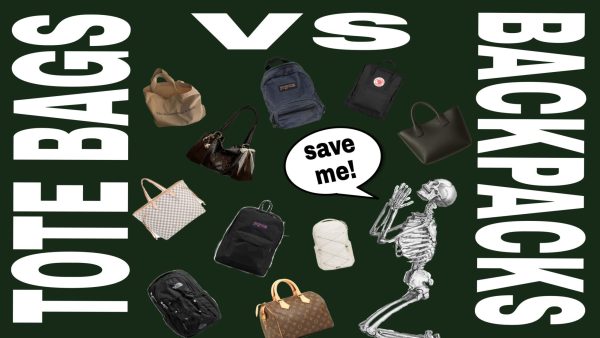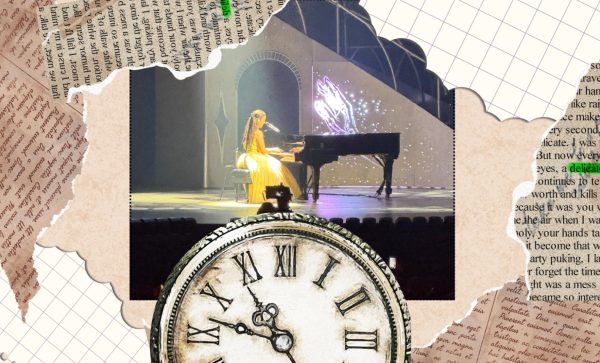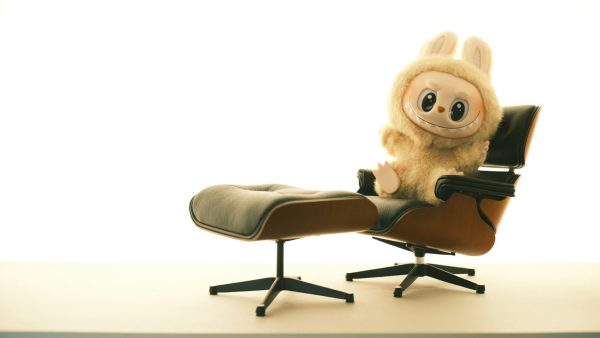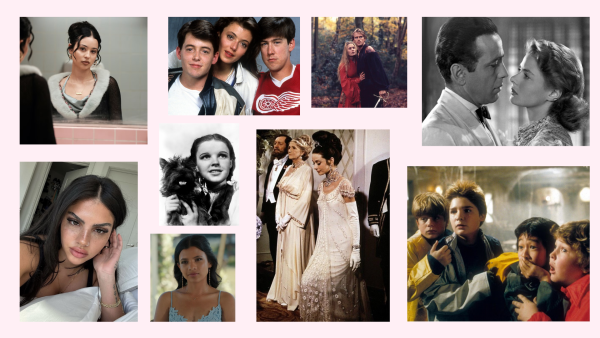Boys Don’t Cry
Why “incels” represent deep-seated issues with modern masculinity.
Fear, anger, sadness and blame. This is the cocktail of emotions that has come to represent the lives of internet “incels,” an abbreviation for “involuntary celibate.” This terrifying, not-so-new online community has been terrorizing countless message boards and forms of cultural expression since the early days of “4chan”—a message board popular for many marginalized internet groups—in 2003.
The incel ideology centers almost entirely on a pathological blame of women for the men’s own celibacy, although there are often other further-right schools of thought intertwined. For instance, incels like YouTuber BrendioEEE circulate opinions that range from traditional Christian values, to conspiracies including the belief that a Jewish plot has caused women to become unfaithful. His entire channel is chock-full of self-deprecating memes and tone-deaf “shitposts” that intend to disguise his extremely abrasive beliefs under layers of irony and jokes.
This is a common move for many incels, who use humor as a shield against any who might call them out on their hateful rhetoric and reserve their seriously stated beliefs for private chats and closed message boards.
As with many extreme ideologies, incels are often dangerous. In 2014 Elliot Rodger, an incel, inspired by his “lack of attention” from women, committed a spree of terror attacks in Isla Vista, California. His attacks killed six and injured fourteen others.
This incident was, regrettably, not unique. Other terror attacks from incels persisted for years after this initial attack. Even the shooting which rocked our own Bend community was committed by a man who—although explicitly denying his status as an incel in his manifesto—parroted many of the points championed by the community around women, largely blaming his celibacy for his sadness and rage.
These men are above all defined by loneliness, which is on its face, not an uncommon human emotion. Although its depths are dangerous, isolation is a ubiquitous feeling across the modern world. Incels are fueled by their lack of connection, but they are forged through a combination of their unique response to loneliness, the influence of predatory online echo chambers and a failing social support system for men.
These men are not made overnight. There is no “incel switch,” as one anonymous reformed incel put it, instead the path to hatred is gradual. Many don’t know that they are falling down the rabbit hole until it’s too late and many of the hurtful ideas intrinsic to the ideology of “incels” have already been integrated into their worldview. Online forums such as Reddit are often the birthplace of new incels, who vent their frustrations and in turn are rewarded with praise and solidarity from other male users.
Although those early on the path of the incel may target their annoyance at dating norms and unrealistic standards, these positions quickly devolve into an overt hatred for women.
“You spend a bunch of time looking at a screen and you kind of forget about the real world. Then you look around and realize that you feel a certain way about a bunch of women, but you’re not really sure where those beliefs came from,” said a reformed Summit incel. “They’re just there.”
Here is where the biggest problem lies with incels: unlike their female counterparts, “femcels,” who use their community to empower themselves and become admirably rebellious, incels opt to wallow and despair. It’s not uncommon for incels to trade what they call “suifuel” which is generally comprised of content meant to depress. These posts contain messages of hopelessness, and are used by incels to encourage their peers to commit suicide.
The schools of thought in these groups are radically different, signified most by the fact that most “femcels” adopt the title by choice, as a reaction to any number of issues they may be struggling with, while incels adopt the ideology almost as an admission of defeat.
“There’s nothing you want to be less than an incel, even when you are in those circles,” said the reformed incel.
Incels feel trapped by the identity, and instead of using it as a way to confront their issues and rise above them, they blame their floundering sex life on women.
This is fundamentally an issue with societal masculine norms that instill a fierce sense of individuality and meritocracy in many men through their lives. Positing that a man’s worth is based solely on a set of variables like wealth and athleticism. When viewing the life of an incel through this lens, their worldview makes perfect sense.
“I was really hopeless. There were all these guys that went to the gym and had cool cars who were always going to be more good looking than me. I felt like I would be single forever,” the reformed incel said.
There is a common feeling among incels that what modern women want is success, money and a muscled gym rat. Since incels often don’t have these things they have a very hard time imagining a world where they can find any type of sexual engagement.
This demonstrates a distinct lack of emotional understanding among incels. Many are unable to imagine attraction outside of a set number of variables a man must fulfill. While there is no doubt that things like personal hygiene and measurable success certainly impact a man’s chances in the dating landscape, they are not the only drivers for attraction. In this way, incels misunderstand the emotional connection needed to form meaningful relationships.
This stunted emotional intelligence is made worse by the hypermasculine rejection of therapy and emotional openness. Many men grew up with a belief—communicated either directly or indirectly by their families and peers, as well as by many portrayals in media— that to be manly was to handle issues on your own, and that it was somehow emasculating to reach out and ask for help. This belief was, unlike what many incels would have you believe, not thrust onto men by women, but was instead predicated among men.
“I definitely used to think that seeing a therapist made you less of a man,” said Summit junior Tucker Evans.
Evans is no incel, and was certainly able to deal with his emotional issues in a much healthier way, but even he was affected by the stigma around men’s mental health.
“I don’t think the shame of therapy came from my family, but more from other kids and from movies and TV,” said Evans.
This broad lack of emotional support means men also don’t support each other, which can make lonely incels feel like they have enemies on all sides.
“[Incels] need to get laid asap,” said junior Angus Anderson. “They’re just pathetic. It’s like, go take a shower, damn.”
This is a perfectly reasonable response. “Incels” are angry and hateful, they blame all their problems on women they’ve never talked to and they constantly injure or kill themselves and others. Sadly, as tempting as it is to assume these men are forever lost, condemn them and move on, they are a community that is in desperate need of help. Lonely violent men like YouTuber BrendioEEE, and even the 20-year-old Safeway shooter in our own town are symptoms of a toxic male culture.
Lately there have been more efforts than ever to redefine masculinity, but as we attempt to stomp out toxic masculinity in modern culture, it’s important to remember that groups like incels are where that effort should start.
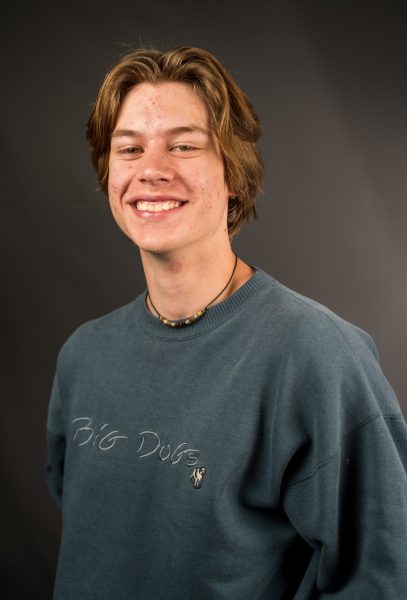
Being a senior has given Jackson a wealth of free time. Many would take this time to work, prepare for the fast approaching future, and attempt to better themselves. Jackson has, however, made the tactical...

